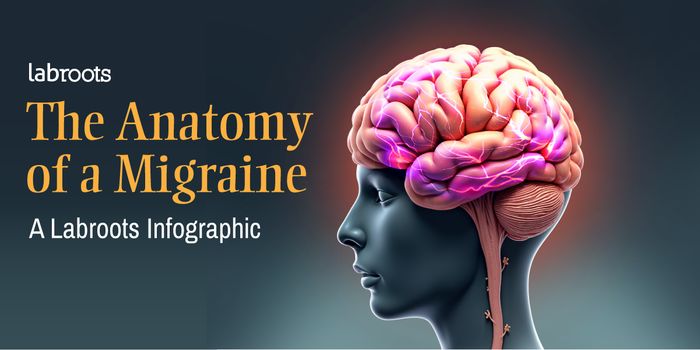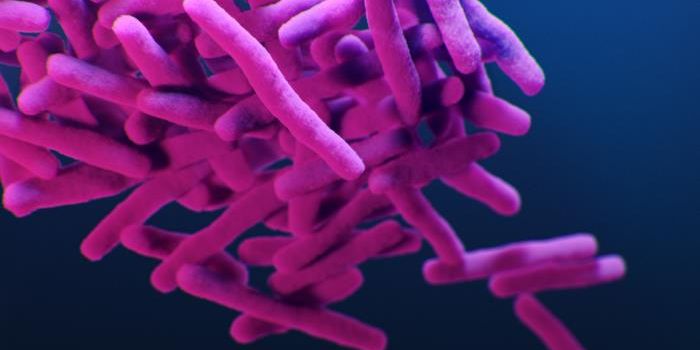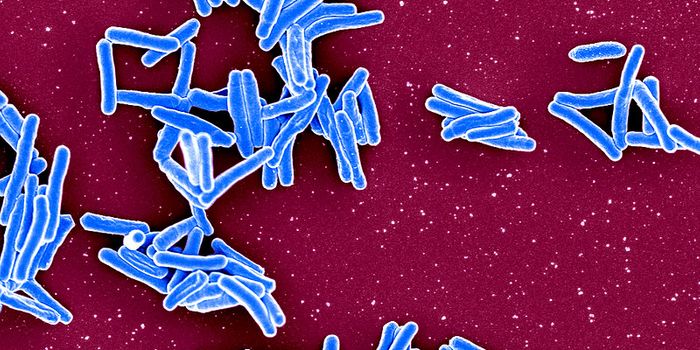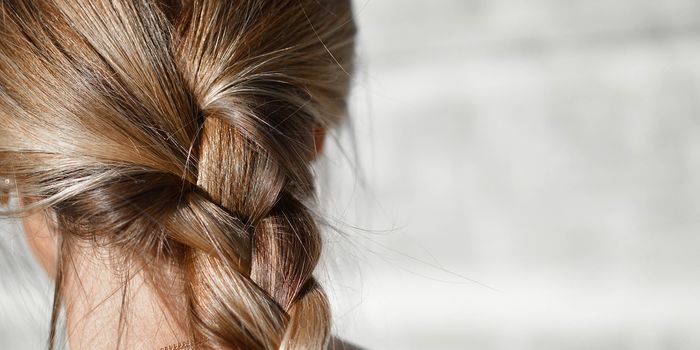Like Some People, Isolated Flies Will Eat More and Sleep Less
Over the past year and a half, may people have been isolated and have spent far more time alone than usual. For some, that time also came with disrupted sleep or weight gain. Fruit flies are also social creatures. They live in groups, feed and fly together, have complex mating rituals, and physical confrontations. They also take a midday nap and rest all night, to get a total of about 16 hours a day. Fruit flies have been a common research model for decades, so we know a lot about their biology as well. Researchers have now used a fruit fly model to learn more about the physiological impact of social isolation.
In a new study reported in Nature, fruit flies spent time in normal groups of different sizes, which produced no weird behaviors. The researchers then took individuals flies and quarantined them for seven days of isolation in tubes by themselves. This chronic separation changed gene expression, behavior, and the activity of neurons in the insects. The lone insects would begin to eat more and get less sleep. But this effect was not observed if flies were with at least one other fly; two flies in a tube together did not behave abnormally.
"Flies are wired to have a specific response to social isolation," says Michael W. Young, the Richard and Jeanne Fisher Professor and head of the Laboratory of Genetics at Rockefeller. "We found that loneliness has pathological consequences, connected to changes in a small group of neurons, and we've begun to understand what those neurons are doing."
The research team determined that expression was changing in a group of genes that has been associated with starvation, and P2 neurons were involved. When the researchers turned P2 neurons off in flies that were isolated for a week, normal sleep and eating patterns were restored. If P2 activity was raised in flies that were only alone for one day, their sleeping and feeding habits became like those that had been isolated for a week.
"We managed to trick the fly into thinking that it had been chronically isolated," explained first study author Wanhe Li. "The P2 neurons seem to be linked to the perception of the duration of social isolation, or the intensiveness of loneliness, like a timer counting down how long the fly has been alone."
The findings were confirmed in various ways. Insomniac flies were engineered to show that a lack of sleep does not cause overeating on its own. The manipulation of P2 neurons in flies that had been socialized did not lead to overeating or sleep loss. It seemed that only a combination of social isolation and altered P2 neuron activity would induce both insomnia and overeating.
The connection between a loss of sleep and increased food intake is not novel, but we still don't know exactly why this happens. Young suggested that it may related to an uncertain future; it's often important to be alert and eat whenever possible during stressful, challenging times.
This research also has not been confirmed in humans, so we don't know whether there are similar mechanisms at work. The fly provides a way for researchers to begin to know what to look for when investigating these mechanisms in people.
Young noted that some clinical studies have suggested that Americans gained weight and slept less during periods of social isolation related to the pandemic. "It may well be that our little flies are mimicking the behaviors of humans living under pandemic conditions for shared biological reasons," he added.
Sources: Rockefeller University, Nature









